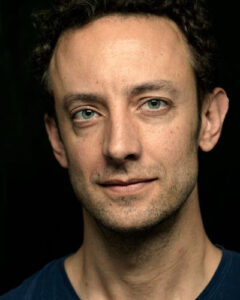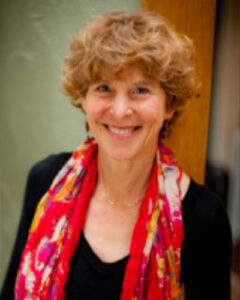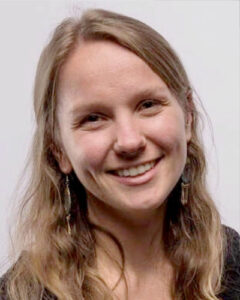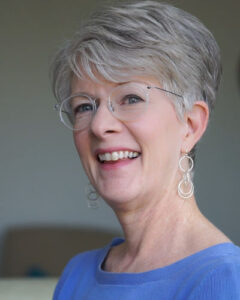FM Alexanders Books

Mans Supreme Inheritence
By FM Alexander (1910)

Constructive Conscious Control of the Individual
By FM Alexander (1923)

The Use of The Self
By FM Alexander (1932)

The Universal Constant in Living
By FM Alexander (1941)
* Disclaimer Regarding FM Alexander’s Early Works
Utahat.org acknowledges the historical context of FM Alexander’s early works and recognizes that some of his writings contain elements that are now considered racially insensitive or offensive. While Alexander made significant contributions to humanity as a whole with his technique, it is important to acknowledge and address any problematic aspects of his legacy.
Utahat.org disavows any form of racism, discrimination, or prejudice. We are committed to promoting diversity, equity, inclusion, and belonging in all aspects of our work and within our community. We believe in fostering an environment where all individuals are valued and respected regardless of race, ethnicity, gender, sexual orientation, or any other characteristic.
As such, while we may list FM Alexander’s works for their historical significance and relevance to the Alexander Technique, we do not endorse or condone any racist or discriminatory views expressed therein. We encourage critical engagement with historical texts and a thoughtful consideration of their implications in the context of contemporary values and understanding.
Classics

Body Awareness in Action
By Frank Pierce Jones

The Alexander Principle
By Wilfred Barlow

The Alexander Technique as I see it
By Patrick Macdonald

An Examined Life
By Marjory Barlow

FM Alexander and the Creative Advance of the Individual
By George C Bowden

Inside Yourself
By Louise Morgan
Introductions to the work

Dance and the Alexander Technique
By Rebecca Nettl-Fiol & Luc Vanier

Your Natural Up
By Marjean Mckenna

Body Learning
By Michael J Gelb

A Skill for Life
By Pedro De Alcantara

Principles of the Alexander Technique
By Jeremy Chance

Alexander Technique
By Chris Stevens
For Musicians

The Alexander Technique for Musicians
By Judith Kleinman & Peter Buckoke

Indirect Procedures
By Pedro De Alcantara

Voice and the Alexander Technique
By Jane Heirich
Recently Released

Touching Presence
By Tommy Thompson

Teaching by Hand, Learning by Heart
By Bruce Fertman

Humanual
By Betsy Poltain











